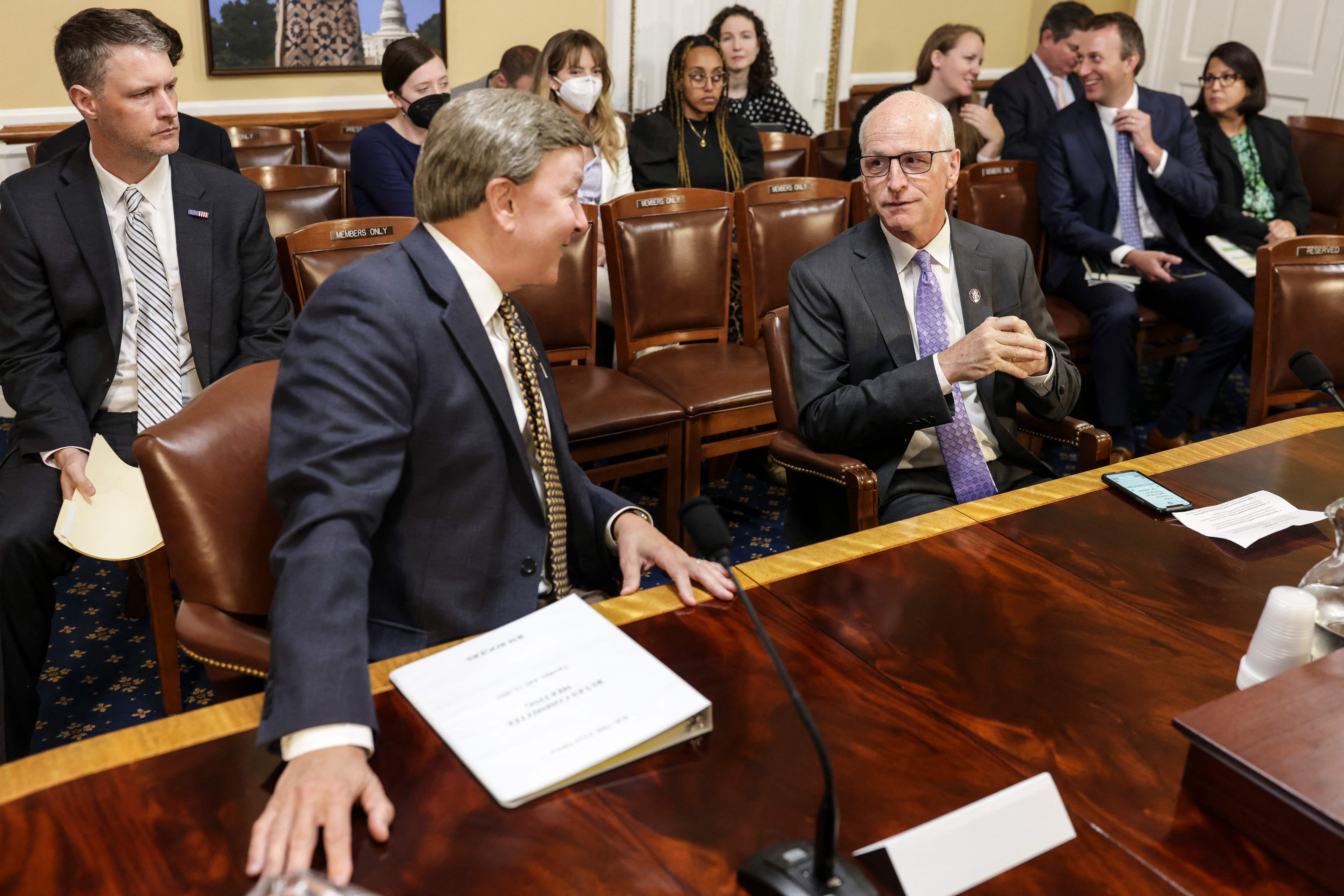The same agency that helps hundreds of thousands of veterans secure home loans each year may help them keep their property when finances get tight.
The Veterans Affairs Department’s foreclosure-prevention programs saved 97,368 service members and veterans from defaulting on their loans in fiscal year 2016, per VA. That’s compared with 18,519 foreclosures that went through in fiscal 2016, though some of those processes began before that 12-month window.
The figure is up slightly from 2015 (90,262) and significantly from 2014 (79,814), a year when 19,813 VA-backed loans completed foreclosure.
As with the loans themselves, VA isn’t the primary agent the borrower should be worried about.
The servicer (better known as the lender or just “the bank”) ultimately decides whether to accept any one of several foreclosure-prevention measures, but VA agents will advocate for the borrower and advise them of options, including:
- A repayment plan that allows for missed installments to be made up over time, or a complete refinance that incorporates old debt into a new loan.
- Additional time to sell the home, or a special forbearance to delay foreclosure proceedings until an expected financial uptick, such as a bonus or tax refund.
- A short sale, which allows the borrower to sell the property for less than what’s owed on the loan.
- An agreement where the deed is transferred to the servicer voluntarily, rather than through the foreclosure process.
Borrowers seeking details on these programs should contact VA directly at 877-827-3702; they’ll be connected to the nearest loan office. Veterans who are facing foreclosure on non-VA-backed loans can also call for advice on foreclosure prevention, though the VA can’t intervene with the servicer.
Get more on the foreclosure-prevention programs here. Learn more about VA loans at our VA Loan Center.
Kevin Lilley is the features editor of Military Times.










